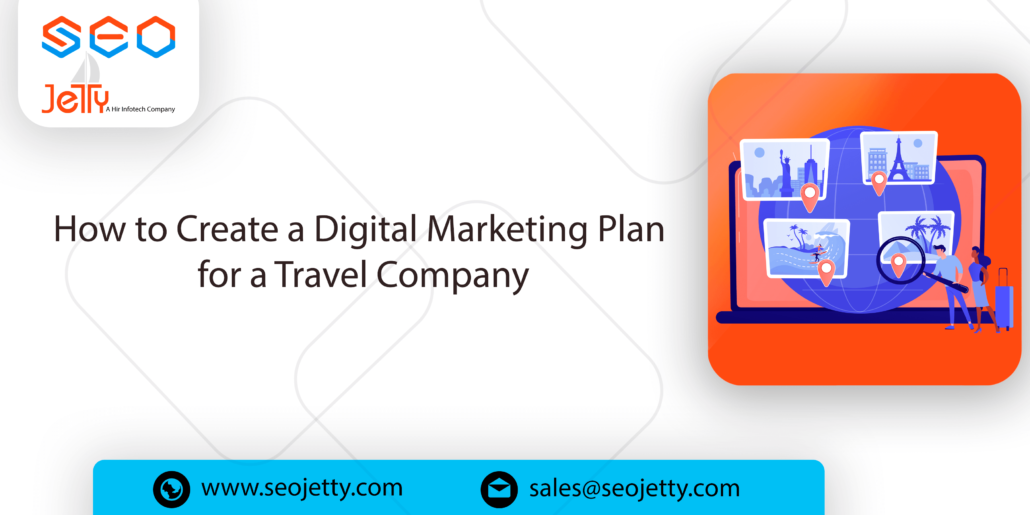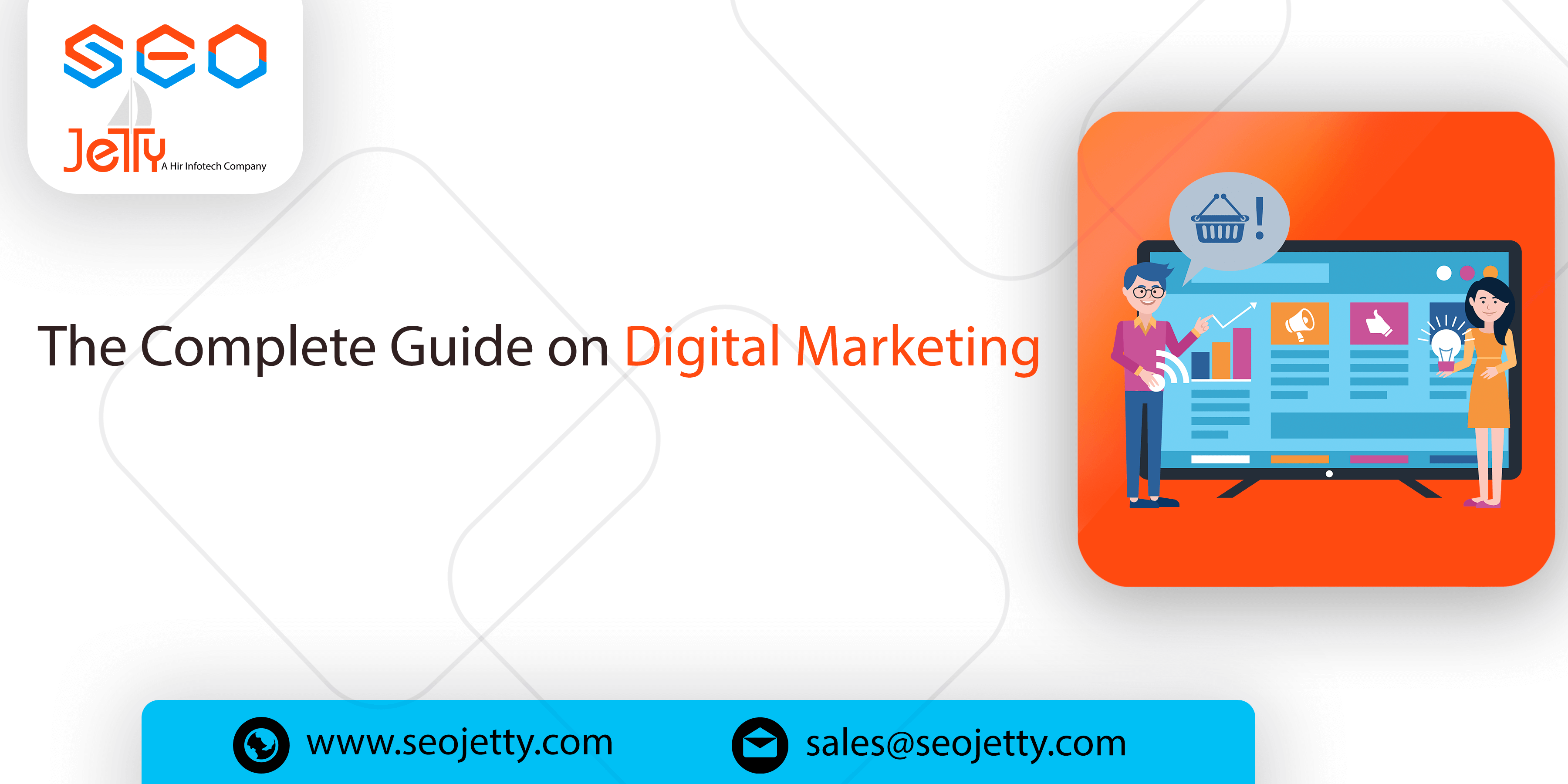
You assist individuals to travel the world (when the world lets it), but how can people who are interested in traveling but aren’t aware of your travel business know to use it for the services they require if they don’t know about it?
It is crucial for a travel agency to have the appropriate digital marketing plan in place for customers to be able to find the agency. In addition to this, it is required to motivate them to desire to use your travel agency rather than one of your competitors.
Because of this, the digital marketing plan you employ is of critical significance. If you have a solid strategy in place, you will have a higher chance of reaching your audience, assisting them in navigating the one-of-a-kind buyer’s journey that the travel sector presents and securing your future within the industry.
The following are some of the most helpful suggestions we have compiled for building a digital marketing plan for a travel agency.
Prioritize content marketing
Your digital marketing plan in the travel agency sector must include content marketing. White papers, case studies, videos, blogs, and other types of content are all examples of content.
Each of these content types engages your target audience by relating to the topics that they find interesting. Additionally, they can assist in providing information and a solution to their travel-related issues.
A travel firm may encourage its clients to provide user-generated content. The travel business benefits greatly from this kind of content because users are likely already producing content related to their travels.
There are two benefits to user-generated material. It is content that you can produce with little work, and that serves as a concrete illustration of the results your services can create, like what customers might learn from a case study, for example.
Including a blog on a travel agency’s website could help their digital marketing approach. Optimized blogs help to boost the reputation of your business while also bringing new visitors to your website.
Readers are more likely to follow through on their fantasy travel arrangements when traveling blogs that are descriptive and include stunning photography.
Email Marketing Should Be Included in Your Digital Marketing Plan
Travel agencies benefit from email marketing since it enables interaction with website visitors. Users of travel agencies are probably searching for travel deals and offers, so this is undoubtedly something to take into account while developing your approach.
Include graphics, a compelling headline, and a call to action in your content to persuade your subscribers to act next, whether that’s scheduling a meeting or exploring more of your website’s blog.
Promoting Your Travel Agency Through Social Media
Because it enables you to communicate, motivate, and encourage others, social media marketing can be effective for your travel business.
To advertise current specials and bargains, you might use your social media networks. This may be a fantastic way to get the word out and encourage user sharing.
Providing options for customers to give feedback and spread the word about you might be beneficial for travel firms. This might happen via a comment on your Facebook page or a tagged Instagram snap.
Additionally, social media gives people a chance to organize freebies and competitions. These can improve consumer satisfaction and help you grow your fan base while also raising brand recognition.
Prepare, set, and plan!
Despite the fact that the travel industry has been one of the hardest impacted of all businesses in 2020, it is still one of the industries that are seeing one of the highest rates of growth. Bringing your marketing activities into the Hir Infotech is one approach to more effectively prepare for your future in the sector.
Frequently asked questions:
The five Ps of digital marketing are what?
The five marketing pillars—Product, Price, Promotion, Place, and People—serve as a framework to direct marketing initiatives and maintain marketers’ attention on important issues. Let’s examine their significance for your brand in more detail.
What are the six divisions of the travel sector?
The six segments of the travel business include corporate travel, airlines, hotels, social media, and mobile. Explanation: Moving people from one location to another is the business of the travel industry. The travel industry includes passenger trains, buses, boats, airplanes, and cabs.
What is the main difficulty facing the travel industry?
Many travel firms employ specialized portals for various stakeholders because they frequently serve as middlemen between vendors and their clients. One of the major difficulties facing the travel industry is having to constantly switch between various systems.









